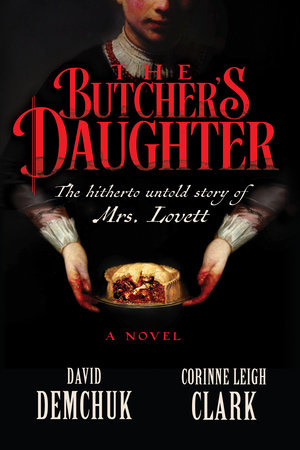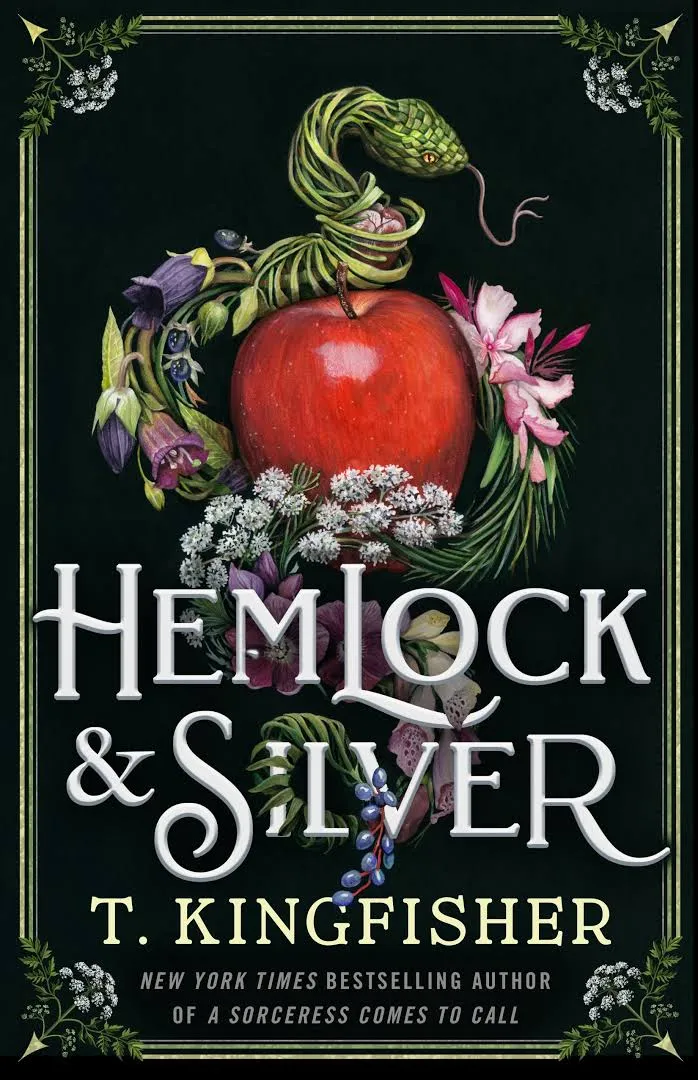Independent Authors, Should You Be One?
- Chyina Powell

- Sep 28, 2021
- 4 min read
What is an independent author? It is a person who either self-publishes or chooses to publish with a small indie publisher, so not one of the Big Five.
Of course there are many sources to learn more about being an independent author such as the Independent Author Network. The IAN is a community of authors that began in 2010, which was right around the time that self-publishing truly stated becoming popular. Whether you write non-fiction or fiction or simply create adult coloring books, you can be a part of this network of writers.
There is also The Alliance of Independent Authors, also known as Alli. Alli is a non-profit organization for independent writers that is steadily becoming more popular across the globe. They offer various guides for first-time authors to make sure that they know their rights and how to properly self-publish or work with a small publisher. Additionally, they offer something called “Watchdog Services” which is basically a list of sites that overcharge or exploit writers in other ways such as not making good on contracts. Such a resource is extremely helpful for all writers, not just independent authors because everyone needs to make informed decisions when it comes to handling their creative labor. Like the IAN, Alli has a membership fee but you have two months in which to cancel for a full refund, which is nice. Feel free to check out their website as they update it frequently.
BookBaby’s Independent Author Conference
You may have guessed but this is a conference dedicated to helping independent authors be successful. On the website you’ll find testimonials about the conference and a little networking never hurt anyone. BookBaby offers a tool called the 5 Steps to Self-Publishing which are meant to help indie authors from the time they complete their manuscript to seeing their books in stores. Aside from the conference, BookBaby offers various services such as editing, teaching proper formatting and teaching authors how to query. They even tell you how your piece can be listed on Amazon.
The 2018 conference will be held November 2-4th in Philadelphia, PA.
There are many different trustworthy guides and communities out there for those who self-publish and it has grown more popular in recent years. The title of this blog asks whether you should take the step to be an independent author or not and so I will list out some pros and cons so that you can decide for yourself.
PROS:
More autonomy.
You oversee the entire process, you choose what to do and how to do it.
Hands on with the publisher.
If you choose to go with a small indie publisher, it is quite likely you will build a better relationship with them than could be possible with a larger publishing house. This means getting to know more about the process and can provide with more peace of mind.
Great way to break into the industry.
We all want to have a publication under our belts. If you can’t get an agent, editor or publisher on board, you can do it yourself. That publication can open more doors for you in the future.
Higher Royalties
CONS:
May introduce more errors.
Although your manuscript looked great on the software you used to write it, there are times when it is in its final form that there may be many mistakes introduced. Most independent authors choose to do all the editing themselves which means they miss spelling and punctuation errors, not to mention formatting and typesetting.
Not as much recognition.
Being independent means taking care of the marketing yourself. There will be no email blasts or famous authors out there reviewing your book for you and so it may take a while for you to even get recognized. Similarly, that means that your sales will be low.
Because you are an unknown entity, it will be difficult to get print books in bookstores. (That is why many independent authors choose to publish mainly e-books.)
Lack of awards, etc.
Many literary prizes do not accept things that are outside of mainstream media. Although this is changing and you can find more prizes for first-time authors and indie authors, it is unlikely that you’ll be become a New York Times bestseller.
For more info on indie prizes and awards for first time authors check out: Poets & Writers and Submittable.
Total Control Means Total Control.
When you are taking care of your bookish baby you have to have the budget up front, build connections by yourself and handle any and all issues that pop up along the way.
Conclusion?
Some authors use well-known publishers, others use smaller companies, it all depends on what they are looking for right now, what they feel they can accomplish and which works better with their resources. After reading this post, it is still your decision. Some use indie publishing as a last resort while, for others, it is the only way to go. What are your thoughts on independent publishing? Have you tried it?
A List of Small Publishers
Gray Wolf Press
Able Muse Press
Adelaide Books
Agate Publishing
Akashic Books
Anaphora Literary Press
Red Hen Press
Unnamed Press
Tupelo Press
Black Lawrence Press
Of course, there are many, many others but I hope that those seeking a small publishing house will check out a couple of these publishers.
Happy writing,
Chyina





Comments